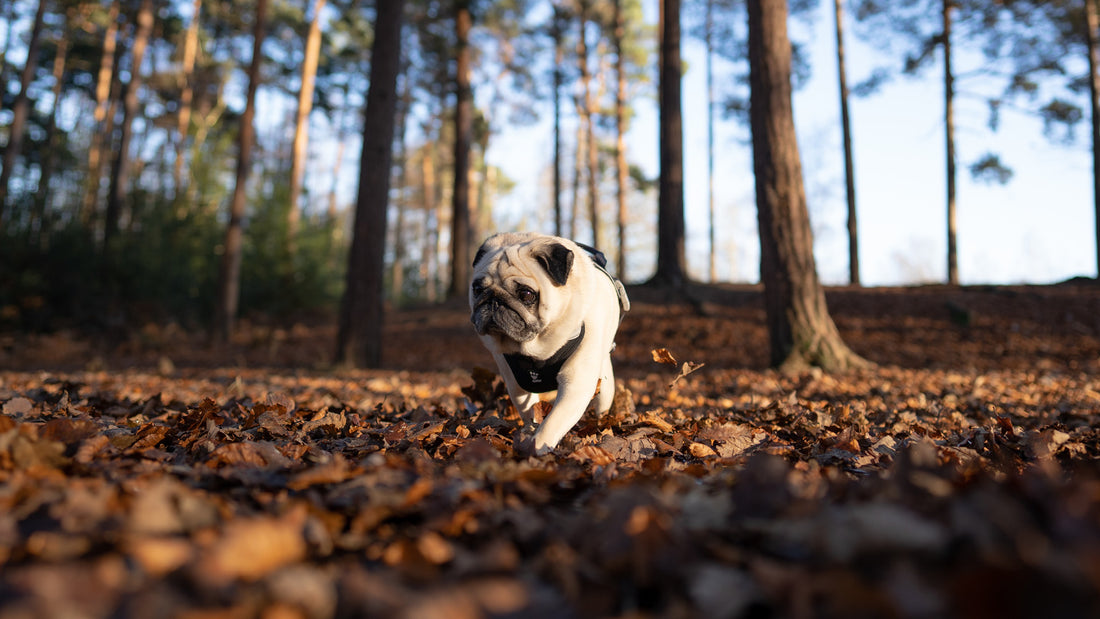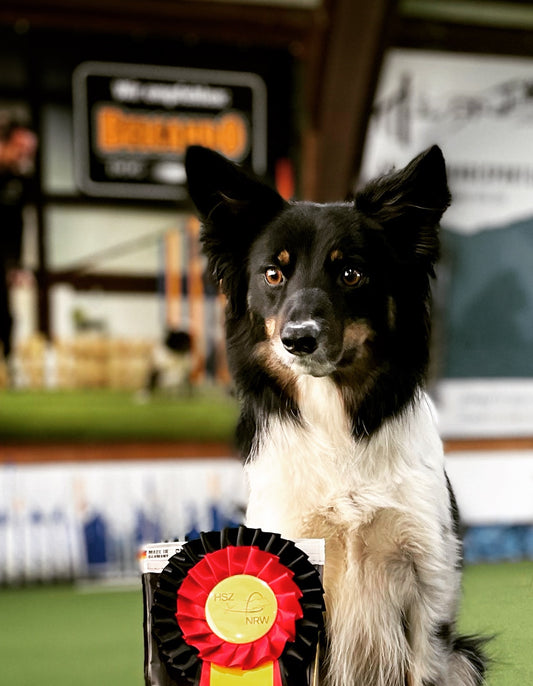On average, small breed dogs live 10 to 15 years - about 40% longer than large breed dogs like a Rottweiler.
To live such a long life is wonderful. More adventures together, extra snuggles on the sofa, and years of extra licking and wiggling, but those extra years come with a downside.
These long-lived pooches are classified as geriatric longer than larger breed dogs, and we must take care to support their joints for a better quality of life during those extra years.
What mobility problems do small dogs have? Are they the same concerns as larger dogs?
Learn what causes mobility issues in small dogs and keep your mini buddy mobile.

Causes of mobility problems in small dogs
Many factors can affect your dog's mobility, but there are three main issues that are particularly important to joint health in small breed dogs.
weight
In 2020, 78% of veterinarians said they had seen an increase in obesity in pets over the past two years, and over the past decade, weight management has been the number one health concern for veterinarians.
Despite this, the data suggests that many pet owners are unaware that their pet is overweight and are unsure how to assess a healthy body condition.
Increased body weight has a variety of negative health effects for small dogs, and overweight dogs are more likely to suffer from mobility issues. Extra weight increases wear on joints and leads to arthritis. Adipose tissue itself is an inflammatory tissue that can aggravate health conditions like osteoarthritis.
In dogs who already have osteoarthritis, studies have shown that losing as little as 5% of body weight can improve lameness scores and help dogs lead a more comfortable life.
Long lives in a big world
Small dog breeds like Chihuahuas or Jack Russell Terriers can live about 40% longer than larger breeds like Labradors or Rottweilers. This means that small breed dogs live a longer part of their lives than "geriatrics" with more wear and tear on their joints.
The world is a big place for your little dog.
Getting around takes a lot more effort when you're a mini - with bigger jumps onto the couch and mountainous stairs to climb. The extra bounce it takes to get around when the world is so big puts more stress on your small dog's joints.
The leap onto the couch is much smaller for a Labrador than it is for a Dachshund.
genetic conditions
Many people are aware of the genetic issues associated with certain dog breeds — for example, hip dysplasia in Labradors and elbow dysplasia in German shepherds.
But did you know that even small dogs suffer from medical conditions that predispose them to mobility issues?
Elongated spines make Dachshunds particularly susceptible to intervertebral disc disease (IVDD), among other spinal mobility issues, leading to osteoarthritis of the spine.
Short legs have their own problems
Some breeds (such as the Corgi, Dachshund, and Basset Hound) can suffer from chondrodysplasia, shortening of the limbs caused by abnormal development of cartilage and bone. This carries the long-term risk of arthritis, IVDD, and hip and elbow dysplasia.
Your mini pup is small and mighty, but living longer means he'll need more long-term support to keep his joints healthy.
Read our article full of tips on how to keep your small dog mobile longer here.









